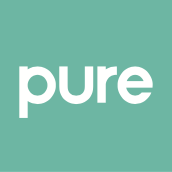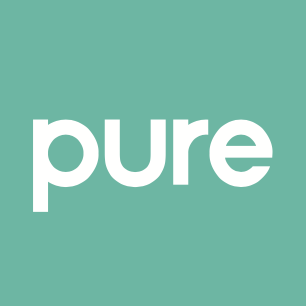
It's Your Health. Own It.
Through a Multidisciplinary Approach...
Homeopathy
In 1810, Dr. Samuel Hahnemann, a German doctor, introduced a new way of thinking. This started homeopathy—a different kind of medicine with roots going back to the 19th Century.
Homeopathy is recognized as the second most embraced medical system globally by the World Health Organization (WHO). This acknowledgment shows its lasting importance and acceptance worldwide.
In the 19th century, homeopathy gained recognition in the United States. One hundred hospitals and 22 medical colleges exclusively adopted its principles. Even conventional doctors began incorporating homeopathic practices. The Hahnemann University Hospital, founded in 1885 in Philadelphia, PA, is an example. It continues its tradition as both a hospital and medical university today, offering a unique mix of traditional and alternative medical care.
Homeopathy’s impact grows in the United States, Europe, India, and Africa, acknowledged as a respected medical system. In Europe and India, private hospitals combine modern diagnostics with homeopathic treatments for various health issues. Importantly, Ontario, Canada, makes progressive efforts to regulate homeopathic practices, highlighting its increasing recognition in modern healthcare.
Homeopathy’s lasting legacy, from its historical beginnings to its current acknowledgment and integration into various healthcare systems worldwide, shows its adaptability and ongoing importance in the field of medicine.
Pure E-News
Be the first in the loop for clinic updates, promotions, and other Pure goodness.


Hours
Monday – Thursday: 8:00 AM – 8:00 PM
Friday: 8:00 AM – 5:30 PM
Saturday: 8:00 AM – 1:00 PM
Closed For Statutory Holidays.
© Copyright 2025 All Rights Reserved.
Privacy Policy |
Terms and Conditions |
Disclaimer
© Copyright 2025 All Rights Reserved.
Privacy Policy |
Terms and Conditions |
Disclaimer
